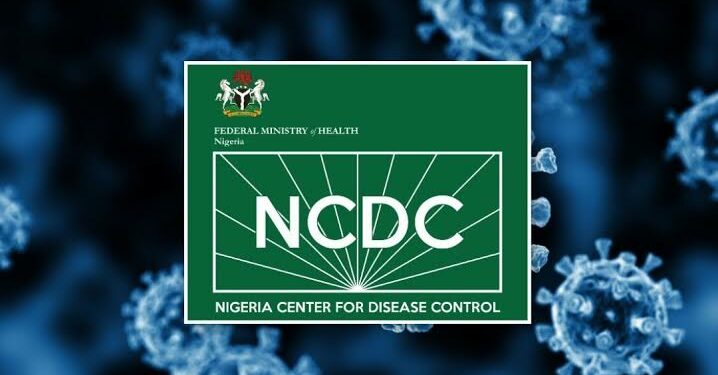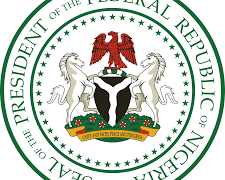The Nigeria Centre for Disease Control and Prevention (NCDC) has issued a public health alert following forecasts from the Nigerian Meteorological Agency (NiMet) indicating a heightened risk of flooding across several states this July.
NCDC in a statement signed by its director-general, Dr. Jide Idris, warned of increased outbreaks of cholera, yellow fever and dengue fever which are being exacerbated by flood-related conditions.
“Floodwaters often contaminate drinking water sources and create stagnant pools that serve as breeding sites for mosquitoes. This increases the likelihood of waterborne diseases like cholera and vector-borne diseases such as yellow fever and dengue fever,” he said.
NCDC confirmed a nationwide surge in cholera cases, with 34 states reporting infections as of Epidemiological Week 26 (June 23–29).
Zamfara State alone accounts for 32 per cent of all suspected cases, followed by Bayelsa, Adamawa, Delta, Lagos, and Rivers.
Cholera, caused by the bacterium Vibrio cholerae, leads to severe watery diarrhoea and rapid dehydration, which can be fatal without immediate treatment. Contaminated water, especially during the rainy season, remains a major transmission route.
According to Dr. Jide, suspected yellow fever cases have been reported across the country, with seven laboratory-confirmed cases in six states: Abia, Anambra, Edo, Ekiti, Lagos, and Rivers.
Yellow fever is preventable through vaccination, and the NCDC is partnering with the National Primary Health Care Development Agency (NPHCDA) to ramp up immunisation campaigns, he said.
Meanwhile, an outbreak of dengue fever was confirmed in Edo State in June following laboratory testing. Dengue fever, also transmitted by Aedes mosquitoes, is marked by high fever, severe headaches, joint and muscle pain, and fatigue.
NCDC said it is coordinating a local response that includes intensified surveillance, mosquito control, and clinical support.
It also sad it is working closely with state governments, health partners, and communities to strengthen disease surveillance, deploy rapid response teams, and distribute treatment and prevention supplies.
The agency has urged the public to take precautionary measures which include clearing stagnant water and cover water storage containers to prevent mosquito breeding, use insecticide-treated nets, repellents, and protective clothing, ensuring timely vaccination, especially against yellow fever.
NCDC also urged people to maintain personal hygiene, safe food and water practices, and avoid open defecation. The centre urged Nigerians to seek prompt medical care for symptoms such as fever, diarrhoea, or body pains.
Healthcare workers have also been advised to remain alert and report suspected cases promptly, as both dengue and yellow fever are notifiable diseases under Nigerian law.
We’ve got the edge. Get real-time reports, breaking scoops, and exclusive angles delivered straight to your phone. Don’t settle for stale news. Join LEADERSHIP NEWS on WhatsApp for 24/7 updates →
Join Our WhatsApp Channel









